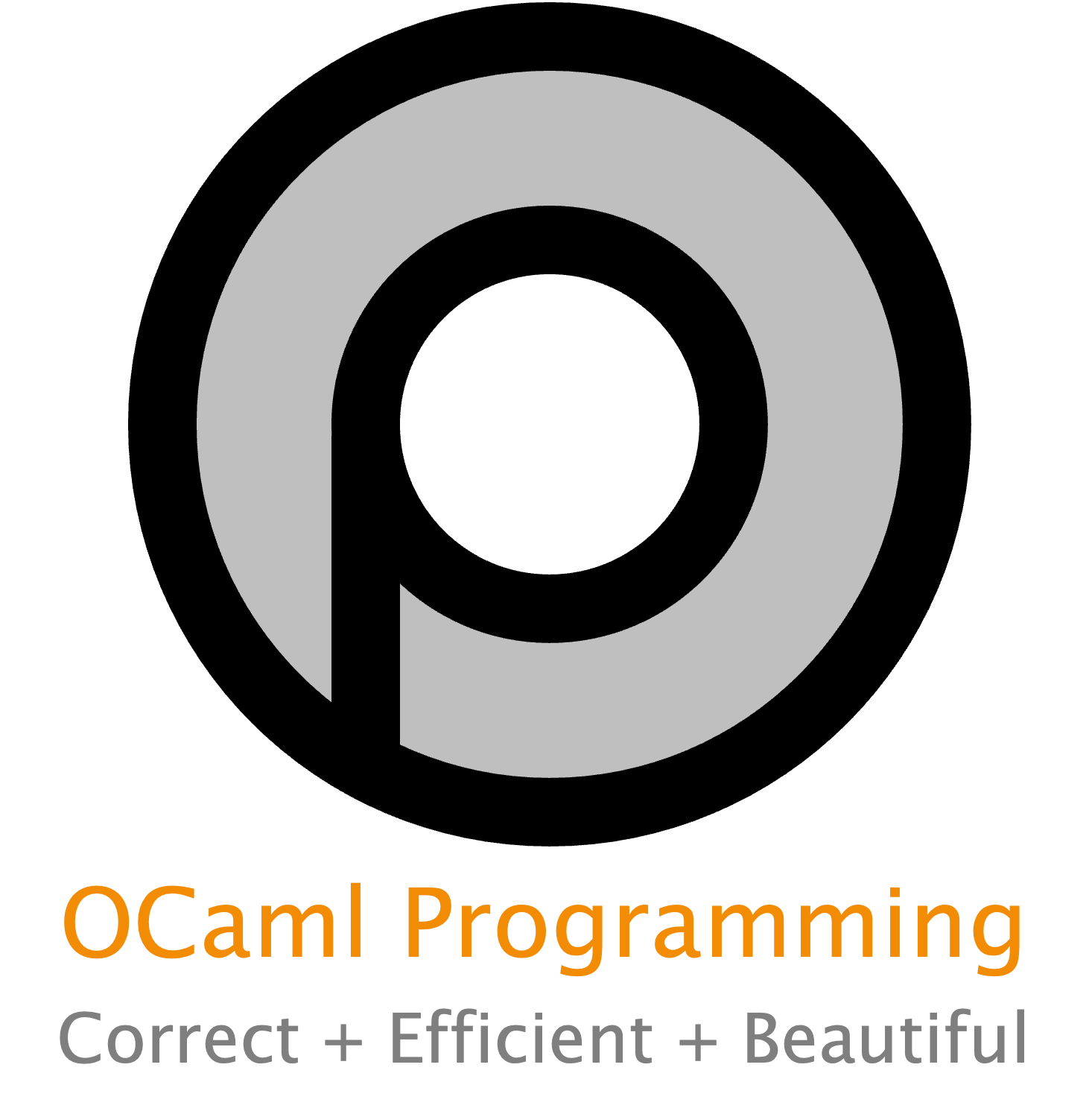9.8. Summary#
This chapter has taken a deep dive into some advanced data structures, analysis techniques, and programming patterns. Our goal has been to write correct, efficient, beautiful code. Did we succeed? You can be the judge.
9.8.1. Terms and Concepts#
amortized analysis
association list
associative
associative array
asymptotic bound
asynchronous
banker’s method
big oh
binding
brute force
bucket
caching
chaining
collision
complexity
credits
cycle
delayed evaluation
dictionary
diffusion
direct address table
eager
efficiency
execution steps
exponential time
force
hash function
infinite data structure
injective
input size
key
lazy
load factor
map
memoization
mutable map
persistent
physicist’s method
polynomial time
potential energy
probing
recursive values
red-black map
resizing
serialization
set
stream
thunk
worst case performance
9.8.2. Further Reading#
More OCaml: Algorithms, Methods, and Diversions, chapters 2 and 11, by John Whitington.
Introduction to Objective Caml, chapter 8, section 4
Real World OCaml, chapters 13 and 18
Purely Functional Data Structures, by Chris Okasaki. Cambridge University Press, 1999.
